Home>Articles>How Much Does It Cost To Build A Porch On A House
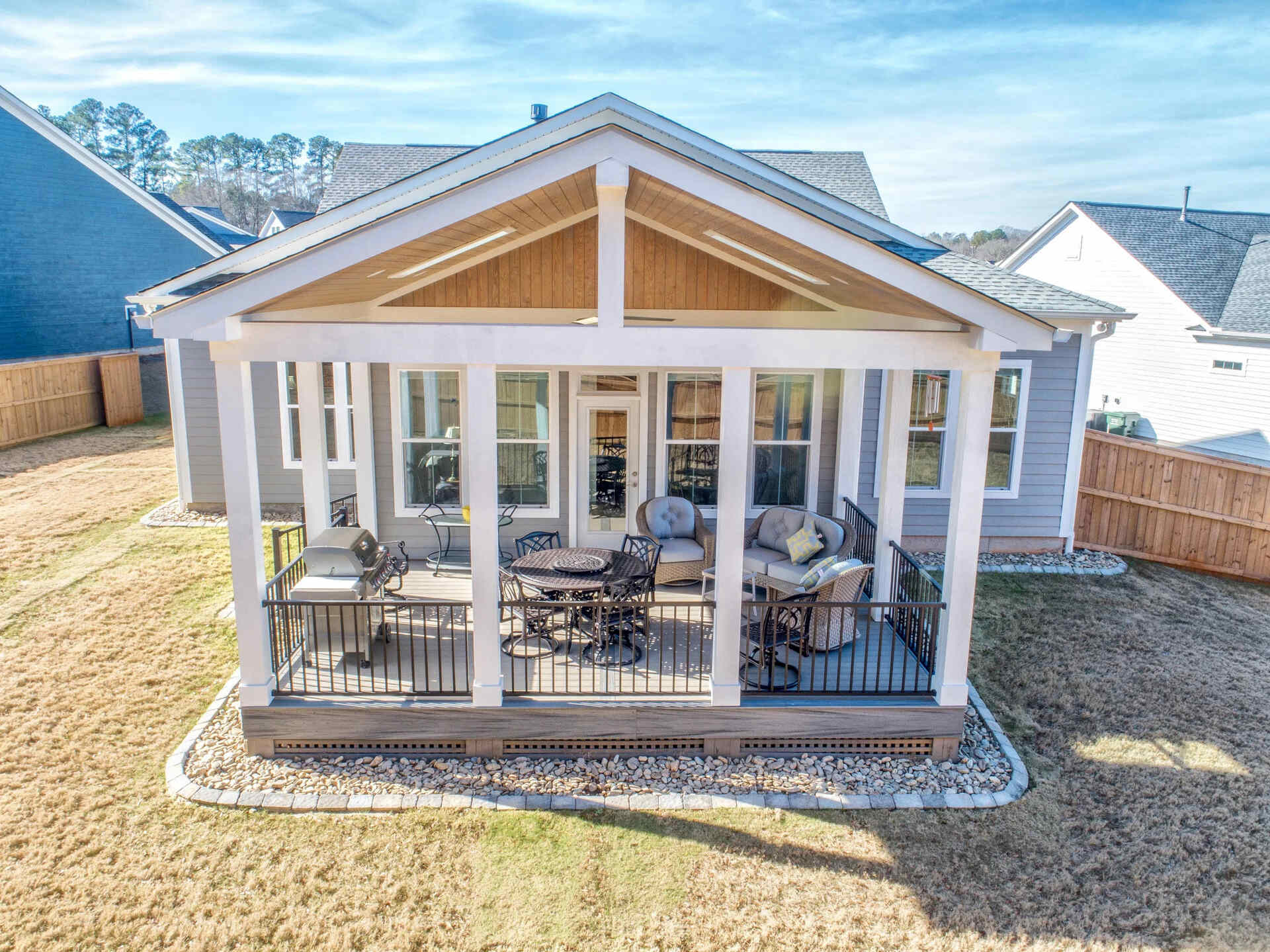

Articles
How Much Does It Cost To Build A Porch On A House
Modified: September 1, 2024
Learn about the articles on how much it costs to build a porch on a house. Discover valuable insights and estimates for your home improvement project.
(Many of the links in this article redirect to a specific reviewed product. Your purchase of these products through affiliate links helps to generate commission for Storables.com, at no extra cost. Learn more)
Introduction
Building a porch on a house is an excellent way to add curb appeal, increase the overall value of the property, and create additional outdoor living space. Porches not only provide a practical and functional area to relax and entertain, but they also serve as a welcoming entrance to your home. Whether you envision a small, cozy front porch or a sprawling wrap-around porch, it’s essential to understand the costs involved in bringing your vision to life.
When it comes to building a porch on a house, the cost can vary significantly depending on various factors. These factors include the design and materials used, the location, the size of the porch, and the extent of additional features or upgrades. It’s crucial to consider all these factors before embarking on your porch construction project to ensure that you aren’t caught off guard by unexpected expenses.
Design and material considerations play a significant role in determining the cost of building a porch on a house. The complexity and style of the porch design, as well as the materials chosen for construction, impact the overall project cost. For instance, a simple front porch with basic features and standard materials will likely be more affordable than an elaborate wrap-around porch constructed from high-end materials.
Permits and inspections are also an important aspect to consider in porch construction costs. Most jurisdictions require homeowners to obtain permits before starting a porch building project. Permit costs can vary depending on the location and the complexity of the construction. Additionally, inspections may be required at various stages of the project to ensure compliance with building codes, which can add to the overall cost.
Another significant cost factor is labor. Hiring skilled contractors or construction professionals to build your porch can have a significant impact on the final price. The cost of labor varies depending on the region and the experience of the professionals involved. It’s essential to research and obtain multiple quotes from reputable contractors to ensure you receive a fair and competitive price.
Additional features and upgrades can also contribute to the overall cost of building a porch. These features may include amenities such as lighting, ceiling fans, built-in seating, or even fully enclosed structures. While these upgrades enhance the functionality and appeal of the porch, they can also increase the total project cost.
Now that we have explored the various factors influencing porch construction costs, let’s delve into specific examples and comparisons to provide a clearer picture of what you can expect to pay. We’ll also provide some helpful tips on how to save money without compromising on the quality and integrity of your porch.
Key Takeaways:
- Building a porch on a house involves various factors that impact costs, such as size, materials, and additional features. Careful planning, budgeting, and research can help create a beautiful and functional space while managing expenses.
- When considering porch construction, it’s essential to balance design, materials, and budget. Seeking multiple quotes, understanding permit requirements, and exploring cost-saving options can help create a stunning porch without overspending.
Read more: How Much Does It Cost To Rescreen A Porch
Factors Affecting Porch Construction Costs
When planning to build a porch on a house, it’s crucial to consider the factors that can influence the overall construction costs. Understanding these factors will help you make informed decisions and budget appropriately for your project. Here are the key factors that can impact the costs of porch construction:
- Porch Size: The size of the porch is a significant factor in determining the overall cost. Naturally, a larger porch will require more materials and labor, making it more expensive to build. Additionally, the complexity of the design and the desired functionality of the porch can also affect the cost.
- Materials: The choice of materials used for the porch construction plays a vital role in cost determination. Different materials have varying costs, durability, and maintenance requirements. Common porch materials include wood, composite decking, concrete, and stone. Each material has its own price range, so it’s important to consider your budget and desired aesthetic when selecting materials.
- Porch Style: The architectural style of the porch can also impact the cost. A simple gable-style porch may be more affordable compared to a more ornate Victorian-style porch with intricate details and decorative elements. The complexity of the design and the level of craftsmanship required can influence the overall construction costs.
- Foundation Requirements: The type of foundation needed for the porch can affect the cost. For example, if the porch requires a new concrete foundation, it will add to the overall expenses. On the other hand, if the porch can be built on an existing foundation, it may help reduce costs.
- Location and Accessibility: The location of the house and accessibility to the porch construction site can impact costs. If the house is located in a remote area or has limited access, it may require additional transportation and labor costs. Similarly, if the porch needs to accommodate specific challenges like sloping terrain or uneven ground, it may require additional work and materials.
- Additional Features and Amenities: The inclusion of additional features and amenities can significantly increase the overall cost of porch construction. Features such as built-in seating, lighting fixtures, fans, fireplaces, or even an integrated outdoor kitchen can elevate the functionality and aesthetic appeal of the porch but will add to the project’s expenses.
By considering these factors, you can better estimate the costs associated with building a porch on your house. It’s essential to align your budget with your desired porch design and materials to ensure a successful and satisfying construction process.
Design and Material Considerations
Design and material choices are crucial when building a porch on a house. They not only affect the overall aesthetic and functionality of the porch but also have a significant impact on the construction costs. Here are some key considerations for design and material selection:
- Porch Style: The style of the porch should complement the architectural design of the house. It’s important to consider whether you want a front porch, a wrap-around porch, or a screened-in porch. Each style has its own unique features and construction requirements.
- Materials: The choice of materials for porch construction should align with your desired aesthetic, maintenance preferences, and budget. Common porch materials include wood, composite decking, concrete, and stone. Wood provides a traditional and natural look but requires regular maintenance. Composite decking offers durability and low maintenance but can be more expensive. Concrete and stone provide a sturdy and long-lasting option but may require professional installation.
- Porch Roofing: The type of roof you choose for your porch is another design consideration. Popular options include gable roofs, hip roofs, shed roofs, and flat roofs. The roof design not only affects the overall appearance of the porch but also determines the complexity of the construction and the materials required.
- Railings and Balusters: The design and materials used for porch railings and balusters play a significant role in the overall aesthetics and safety of the porch. Common options include wood, metal, or composite materials. The choice of railing material and design should complement the porch style and meet local building code requirements.
- Screens and Windows: If you are considering a screened-in porch or a porch with windows, the type of screens or windows you choose will impact both the design and cost. Screens can range from simple mesh to more durable and transparent options like fiberglass or aluminum. Windows may vary in materials, styles, and energy efficiency ratings.
- Accessibility: It’s important to consider accessibility when designing your porch. Incorporating ramps or stairs to accommodate individuals with mobility challenges may affect the overall construction costs. Additionally, the width and layout of the porch should allow for easy movement and usability.
When choosing the design and materials for your porch, it’s essential to strike a balance between aesthetics, functionality, and budget. Consulting with a professional contractor or architect can help you make informed decisions and ensure that your porch design is both visually appealing and structurally sound.
Permit and Inspection Costs
Before embarking on a porch construction project, it is important to be aware of the permit and inspection requirements in your area. Obtaining the necessary permits and ensuring compliance with building codes is not only necessary for legal and safety reasons but can also impact the overall cost of your project. Here is what you need to know about permit and inspection costs:
- Permit Fees: Most jurisdictions require homeowners to obtain permits for porch construction projects. Permit fees can vary depending on your location, the size and scope of the project, and any additional requirements or regulations imposed by your local building department. It is crucial to research and understand the specific permit fees for your area, as they can significantly impact your porch construction budget.
- Permit Application Process: Applying for a permit typically involves submitting detailed plans and specifications of the proposed porch construction. The application process may also require paying fees upfront. It is important to factor in the time and effort required for the permit application process. Engaging the services of a professional architect or contractor who is familiar with the process can help streamline the application and save you time and frustration.
- Inspection Costs: In addition to obtaining permits, porch construction projects often require inspections at various stages to ensure compliance with building codes and safety standards. The number of inspections required can vary depending on the complexity of the project and your local building department’s regulations. Each inspection may come with a fee, which is typically paid by the homeowner. The actual inspection costs will depend on your location and the specific requirements of your project.
- Building Code Compliance: Building codes are in place to ensure the safety and structural integrity of your porch. These codes may include requirements such as proper footings, structural support, electrical wiring, and fire safety measures. Ensuring compliance with these codes is essential not only to pass inspections but also for the long-term safety and value of your porch. Non-compliance can result in fines, delays, or even the need to redo portions of the construction.
- Contractor Responsibilities: It is important to clarify with your contractor who is responsible for obtaining permits and scheduling inspections. In some cases, the contractor may take care of the paperwork and associated costs as part of their services. However, it is wise to discuss this early on to avoid any misunderstandings or unexpected expenses.
Before starting your porch construction project, consult with your local building department to understand the permit and inspection requirements specific to your area. This will help you budget accordingly and ensure that your porch is constructed in compliance with all applicable codes and regulations.
Labor Costs
When it comes to building a porch on a house, labor costs make up a significant portion of the overall project expenses. Hiring skilled professionals to handle the construction ensures that the porch is built safely, efficiently, and to the desired specifications. Here are some key factors that can influence labor costs:
- Experience and Skill Level: The experience and skill level of the laborers involved in the porch construction can impact the cost. Highly skilled and experienced contractors or carpenters generally command higher rates due to their expertise and track record of delivering high-quality work.
- Region and Local Market: Labor costs can vary depending on the region and local market conditions. Areas with a high cost of living or high demand for construction services tend to have higher labor rates. It’s important to research and obtain multiple quotes from reputable contractors in your area to ensure you are getting a fair price.
- Project Complexity: The complexity of the porch construction project affects the labor costs. A simple, straightforward porch design will likely require less labor compared to a more complex design with intricate details and customizations. The level of craftsmanship and attention to detail required can also impact the labor costs.
- Timeframe and Availability: The timeframe in which you want the porch to be completed can impact labor costs. Contractors may charge more for expedited projects or prioritize higher-paying jobs. Additionally, the availability of labor in your area can influence the rates. If there is a shortage of skilled laborers, it may drive up the costs.
- Subcontractors and Specialists: Depending on the specific requirements of your porch construction project, you may need to hire subcontractors or specialists for certain tasks. For example, if you are adding electrical wiring or plumbing to your porch, you may need to hire licensed electricians or plumbers. Including subcontractor costs in your labor budget is important to ensure that all necessary work is completed safely and up to code.
To ensure accurate labor cost estimates, it is advisable to solicit quotes from multiple contractors. Be sure to provide detailed plans and specifications for your porch project, so contractors can assess the complexity and scale of the work involved. Verify that any labor costs provided include all necessary tasks, such as excavation, foundation work, framing, and finishing. This will help you make an informed decision and select a contractor who offers a fair price for the desired level of craftsmanship.
Additionally, it’s crucial to establish clear communication and expectations with your chosen contractor to ensure that any potential changes or additional work that may arise during the construction process are adequately addressed and priced accordingly. This will help prevent any unexpected labor cost increases and ensure that the porch construction stays within your budget.
When budgeting for a porch, consider factors like size, materials, labor, and any additional features like lighting or screening. Get multiple quotes from contractors to compare costs. Keep in mind that permits and zoning regulations may also impact the overall cost.
Read more: How Much Does A Concrete Porch Cost
Additional Features and Upgrades
When planning to build a porch on a house, it’s important to consider any additional features or upgrades you may want to include. These features can enhance the functionality, aesthetics, and overall value of your porch but can also add to the total construction costs. Here are some popular additional features and upgrades to consider:
- Lighting Fixtures: Adding lighting fixtures to your porch can create a warm and welcoming ambiance for evening gatherings. Options range from simple wall-mounted lights to pendant lights or even recessed lighting. The cost of lighting fixtures can vary depending on the style, material, and complexity of installation.
- Ceiling Fans: Ceiling fans are a popular feature for porches as they provide a cooling breeze during hot summer months. They can also help keep mosquitoes and other insects at bay. The cost of ceiling fans will depend on the number of fans desired and the quality and design.
- Seating and Furniture: Built-in seating or dedicated space for furniture is a great addition to any porch. It provides comfortable seating for relaxation or entertaining guests. The cost will depend on the materials used for seating, such as benches, swings, or outdoor sofas, as well as any cushions or upholstery selected.
- Outdoor Kitchen or Grill Area: If you enjoy outdoor cooking and entertaining, including an outdoor kitchen or a dedicated grill area on your porch can be a fantastic upgrade. This may include countertops, a grill, a sink, storage, and other necessary appliances. The cost will depend on the complexity and materials chosen for the kitchen setup.
- Screens or Enclosures: If you want to enjoy your porch without the nuisance of insects, adding screens or fully enclosing it can be a great option. Screens can be added to existing porch structures, while full enclosures require additional construction. The cost will depend on the size of the porch and the materials chosen for screens or enclosure walls.
- Fireplace or Fire Pit: Adding a fireplace or fire pit to your porch can create a cozy and inviting atmosphere, allowing you to enjoy your porch even during colder months. The cost will depend on the type of fireplace or fire pit, such as gas or wood-burning, and the materials used for construction.
When considering additional features and upgrades for your porch, it’s important to align your choices with your budget and the overall intended use of the space. Prioritize the features that are most important to you and seek advice from professionals to ensure proper installation and adherence to safety regulations.
Adding these features and upgrades can significantly enhance your porch, making it a functional and enjoyable space for you and your family to relax and entertain. However, it’s important to carefully consider the costs associated with these additions and ensure they fit within your overall porch construction budget.
Cost Examples and Comparisons
When it comes to building a porch on a house, the costs can vary widely depending on the specific factors and choices involved. To provide a better understanding of what you can expect to pay, here are some cost examples and comparisons:
- Simple Front Porch: A basic front porch with a small footprint and standard materials can range from $5,000 to $10,000. This includes the cost of materials, labor, permits, and basic features like a roof, steps, and railings.
- Wrap-around Porch: A larger wrap-around porch with more intricate design elements and higher-end materials can cost anywhere from $15,000 to $30,000 or more. The specific design, size, and materials will significantly impact the final cost.
- Screened-In Porch: Adding screens to an existing porch or constructing a new screened-in porch can range from $8,000 to $20,000 or more, depending on the size, materials, and any additional features like lighting and ceiling fans.
- Custom Porch Features: Adding specialized features like an outdoor kitchen or a fireplace can significantly increase the overall costs. For example, an outdoor kitchen can range from $5,000 to $20,000 or more, depending on the size, materials, and the appliances included.
- Comparisons: Comparing quotes from different contractors is essential for accurate cost comparisons. For example, one contractor might offer a lower price but use lower-quality materials or have less experience. Be sure to review the scope of work and materials included in each quote to make an informed decision based on both cost and quality.
It’s important to note that these cost examples are general estimates and can vary based on your specific location, the complexity of the project, and the materials chosen. Obtaining quotes from multiple contractors and exploring different material options will give you a better understanding of the potential costs associated with your porch construction project.
Remember to factor in additional expenses such as permit fees, inspection costs, and any necessary subcontractor fees. By carefully considering your desired features, materials, and budget, you can make informed decisions and ensure that the final cost aligns with your expectations.
Tips for Saving Money on Porch Construction
Building a porch on a house can be a significant investment, but there are ways to save money without compromising on the quality and integrity of the construction. Here are some tips to help you save money on porch construction:
- Plan and Budget Carefully: Start by creating a detailed plan for your porch construction project and set a realistic budget. Research materials, labor costs, and permit fees to get a better understanding of the expenses involved. Having a well-defined plan and budget will help you prioritize your expenses and avoid unexpected costs.
- Simple Design: Opting for a simpler porch design can help save on construction costs. Intricate architectural details and complex design elements require more time, labor, and specialized skills, all of which can drive up the overall expenses. Keep the design clean and functional to keep costs under control.
- Materials Selection: Selecting cost-effective but durable materials is key to saving money on porch construction. Consider options like pressure-treated wood or composite decking, which offer a balance between affordability and longevity. Avoid overly expensive or exotic materials that may significantly impact your budget.
- DIY or Partial DIY: If you have the necessary skills and time, consider taking on some aspects of the porch construction yourself. However, be cautious and realistic about your abilities. Certain tasks, such as electrical work or complex framing, should be left to professionals to ensure safety and code compliance.
- Obtain Multiple Quotes: Solicit quotes from multiple contractors to ensure you are getting a competitive price. Be sure to compare not only the cost but also their experience, expertise, and the quality of materials they propose to use. Don’t automatically choose the lowest bid; consider the overall value offered by each contractor.
- Schedule Off-Peak Construction: Contractors may charge higher rates during peak construction seasons. Scheduling your porch construction during less busy periods can potentially result in lower labor costs. Discuss with your contractor about the best time to start the project to maximize cost savings.
- Reuse Existing Materials: If you are rebuilding or replacing an existing porch, see if any usable materials can be salvaged and reutilized for the new construction. For example, you may be able to keep some of the existing columns or railings, saving on material costs.
- Consider Phased Construction: If your budget is tight, consider phasing your porch construction project. Construct the basic structure first and add features or upgrades later when additional funds become available. This approach allows you to spread out the costs and prioritize the most important elements.
- Research Permit Requirements: Understand the permit requirements and associated costs upfront. Some jurisdictions may offer fee waivers or reduced rates for certain types of porch construction. Research local building codes and inquire about any available cost-saving options to ensure you are taking full advantage of any discounts.
Remember, while it’s important to strive for cost savings, ensure that you are not compromising on the safety and quality of your porch construction. Hiring professionals, obtaining required permits, and adhering to building codes are essential for a successful and durable porch.
By following these tips and being diligent in your planning and decision-making, you can save money on porch construction without sacrificing the functionality or aesthetic appeal of your new outdoor space.
Conclusion
Building a porch on a house is a fantastic way to add value, curb appeal, and additional outdoor living space to your home. However, it’s important to consider the various factors that can impact the cost of porch construction. By understanding these factors and making informed decisions, you can successfully plan and budget for your porch project.
Factors such as porch size, materials, design, and additional features all play a role in determining the total cost. It’s crucial to strike a balance between your desired aesthetic, functionality, and budget when making choices. Consulting with professionals, obtaining multiple quotes, and researching local permit requirements will help you make well-informed decisions throughout the construction process.
Remember, finding ways to save money is possible without compromising on quality and safety. Careful planning, selecting cost-effective materials, obtaining competitive quotes, and possibly considering phased construction or partial DIY can help you keep costs under control.
In conclusion, building a porch on a house is an exciting project that can transform your home’s appearance and provide a space for relaxation and entertainment. With proper planning, budgeting, and informed decision-making, you can successfully navigate the porch construction process and create a beautiful and functional addition to your home.
Take the time to research, get multiple quotes, and consult with professionals to ensure that your porch construction project meets your needs, aligns with your budget, and enhances the overall appeal and value of your home.
Now that you've got the scoop on porch construction costs, why stop there? Dive into our guide on sprucing up your outdoor space. "Colorful Decor and Simple Add-Ons Ready This Deck for Outdoor Living" offers creative ideas to transform your deck into a haven for relaxation and entertainment. From vibrant cushions to efficient space utilization, find out how easy it is to enhance your outdoor living area with flair and function.
Frequently Asked Questions about How Much Does It Cost To Build A Porch On A House
Was this page helpful?
At Storables.com, we guarantee accurate and reliable information. Our content, validated by Expert Board Contributors, is crafted following stringent Editorial Policies. We're committed to providing you with well-researched, expert-backed insights for all your informational needs.
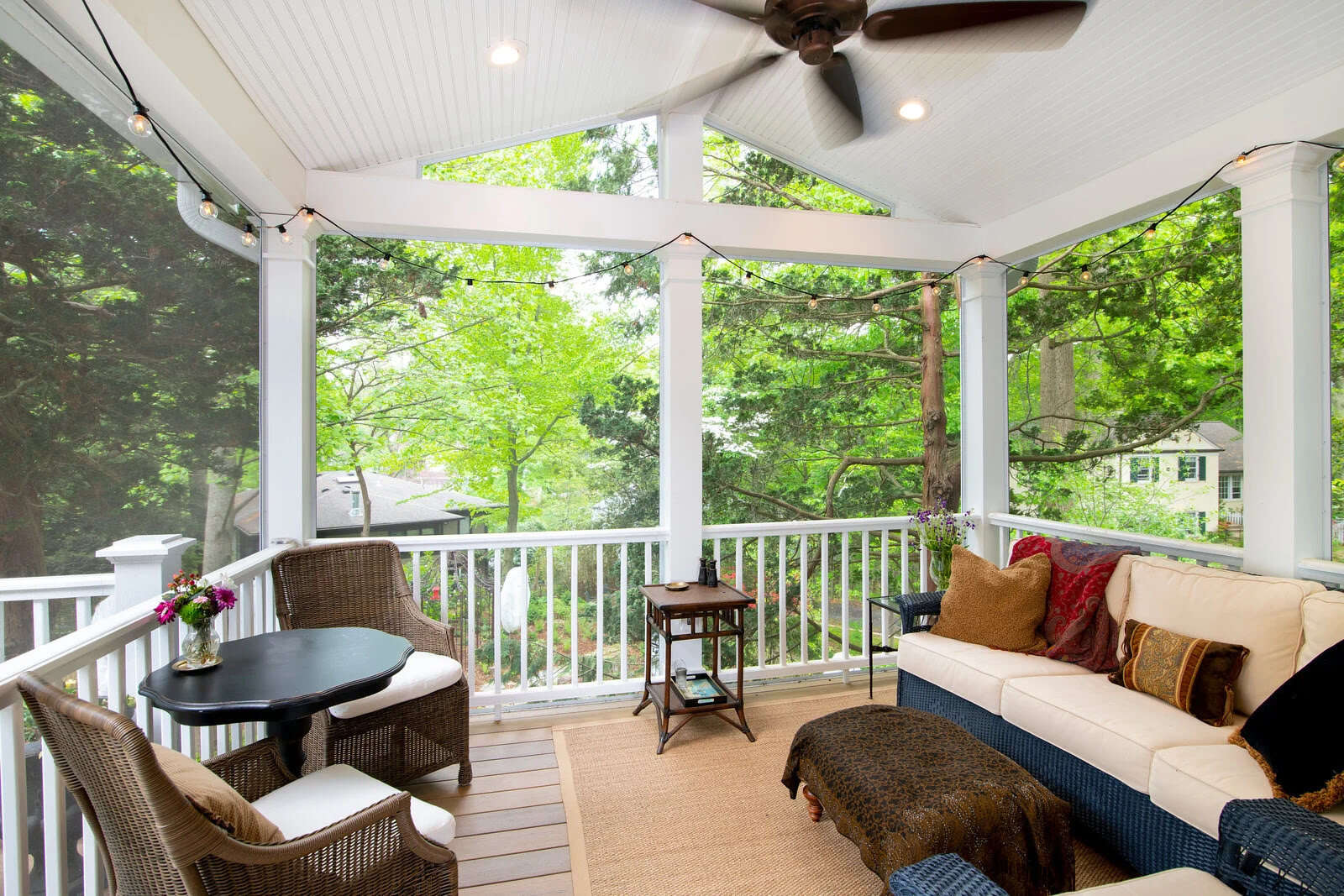
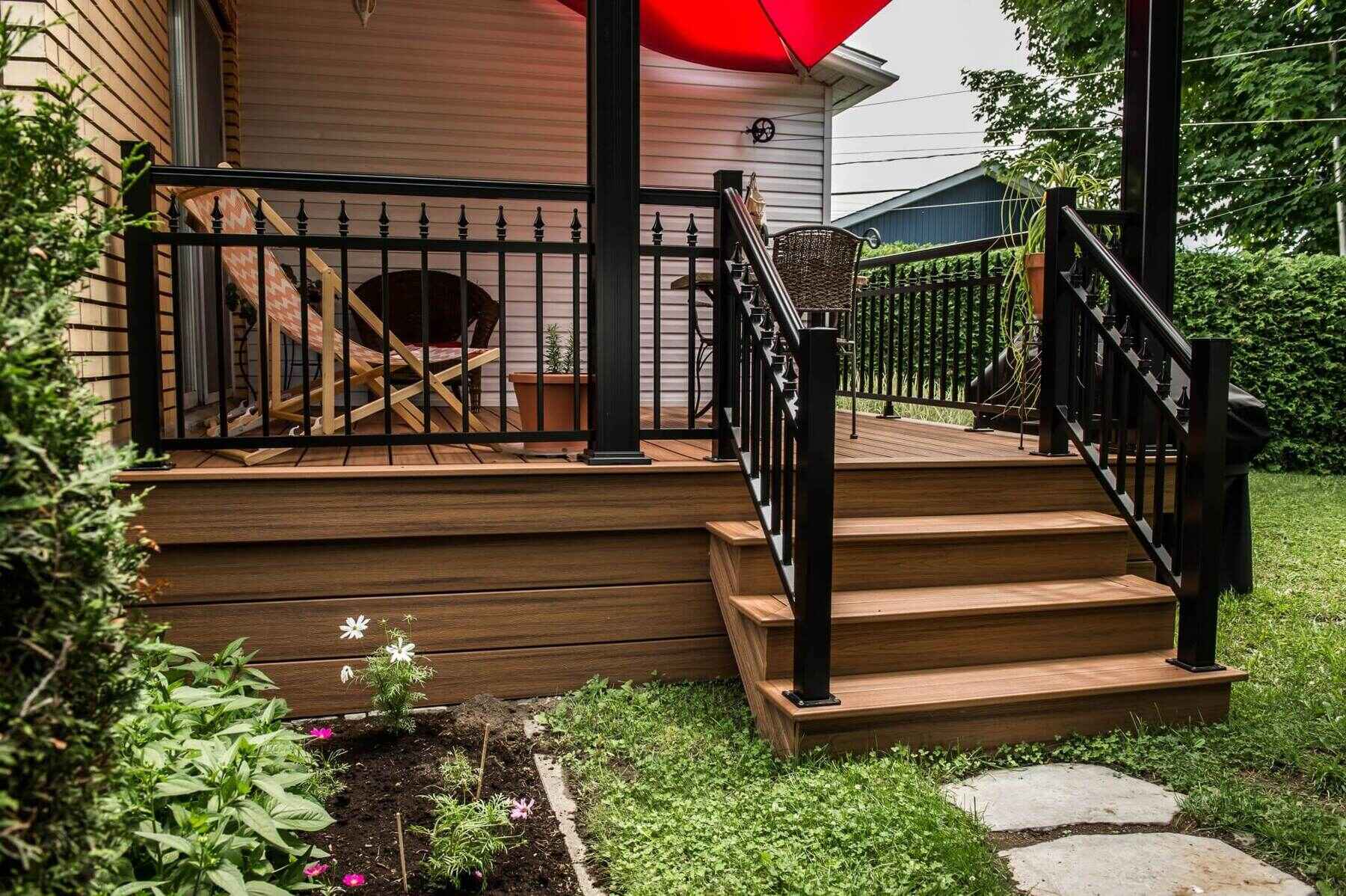

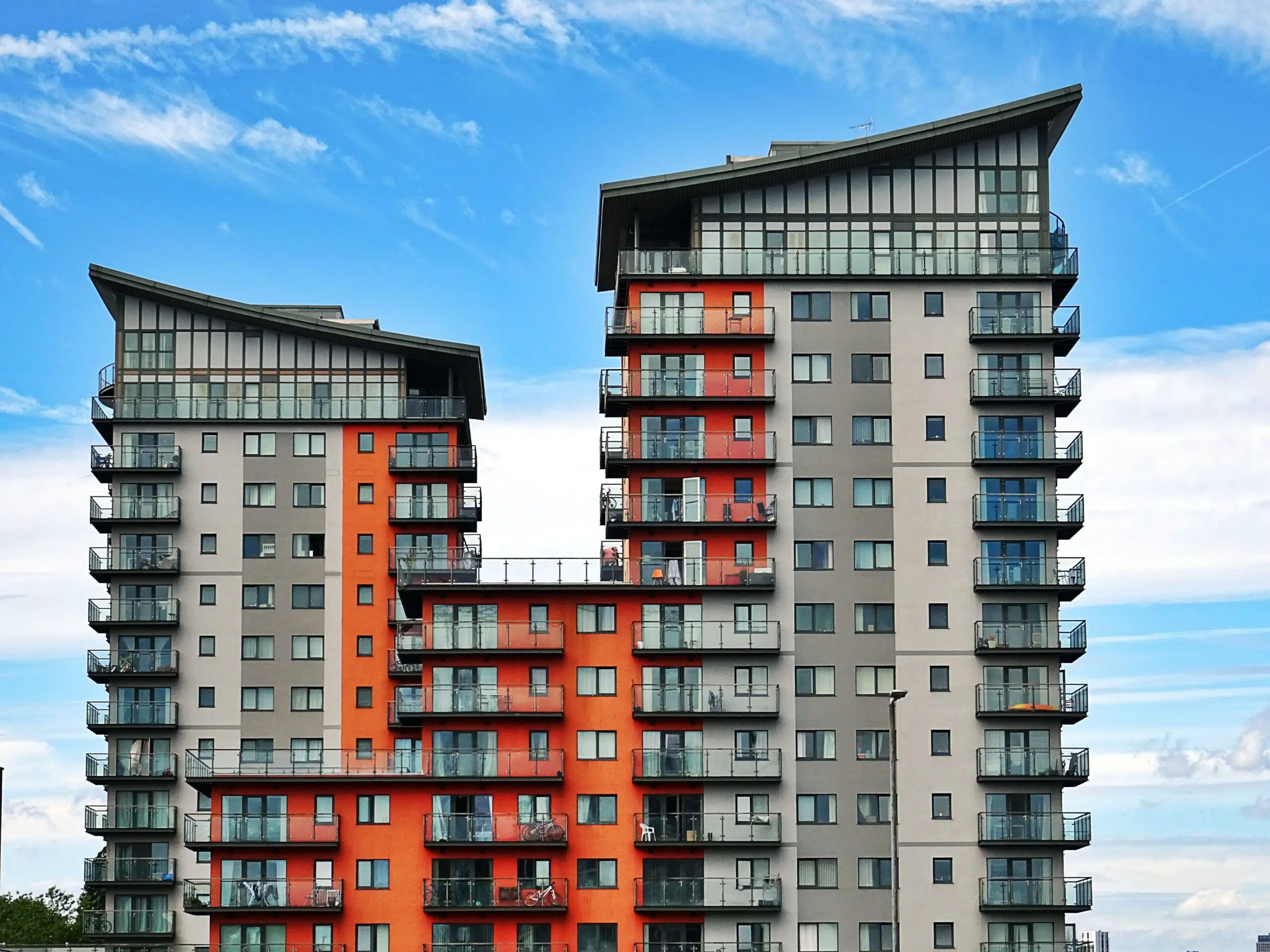
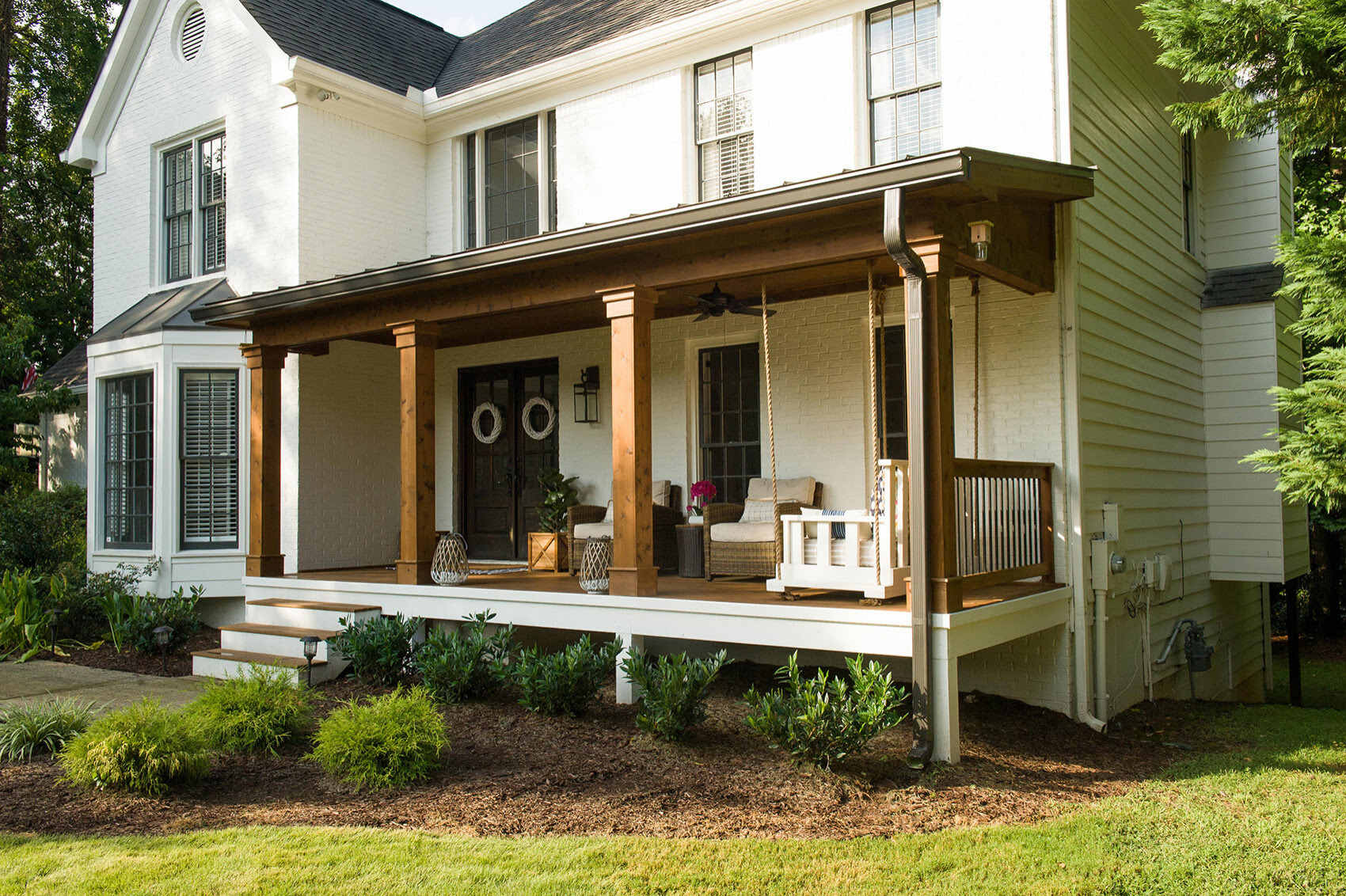
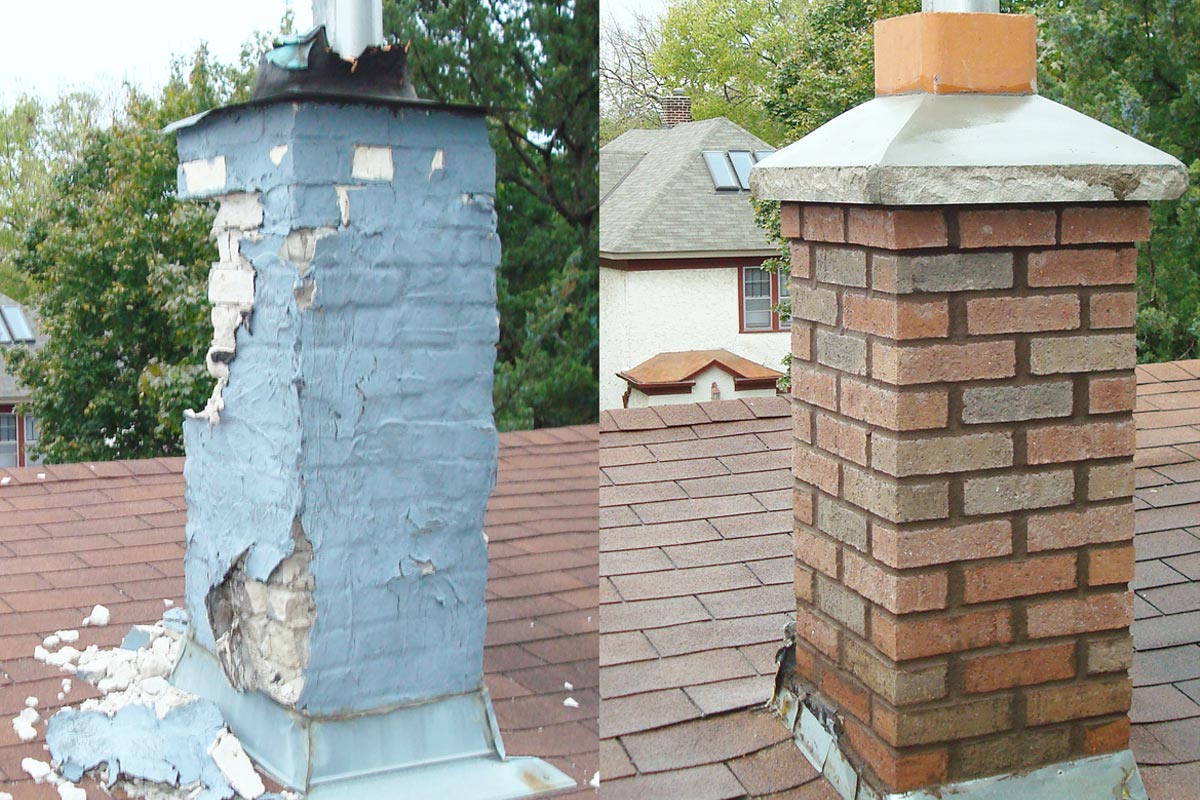

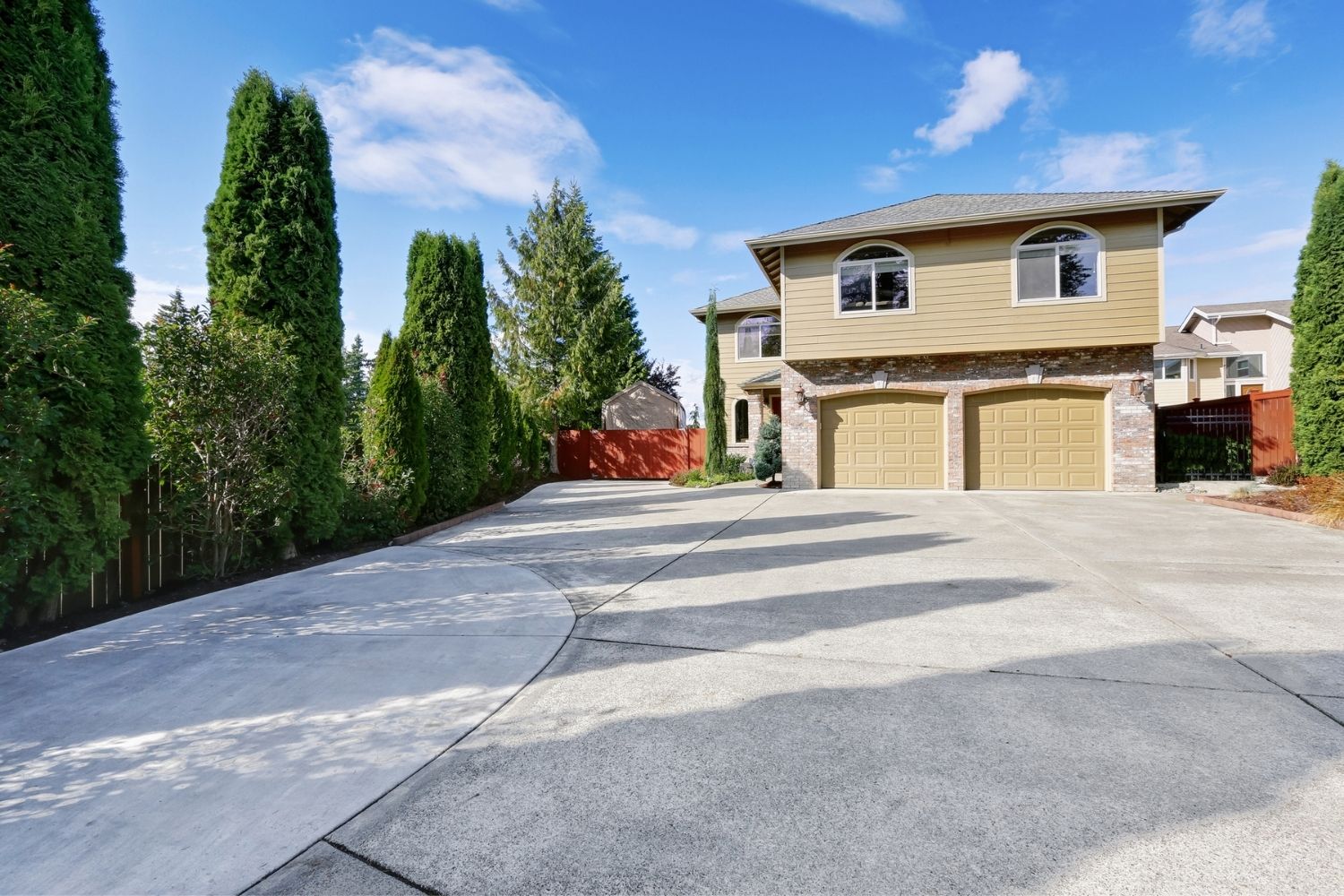
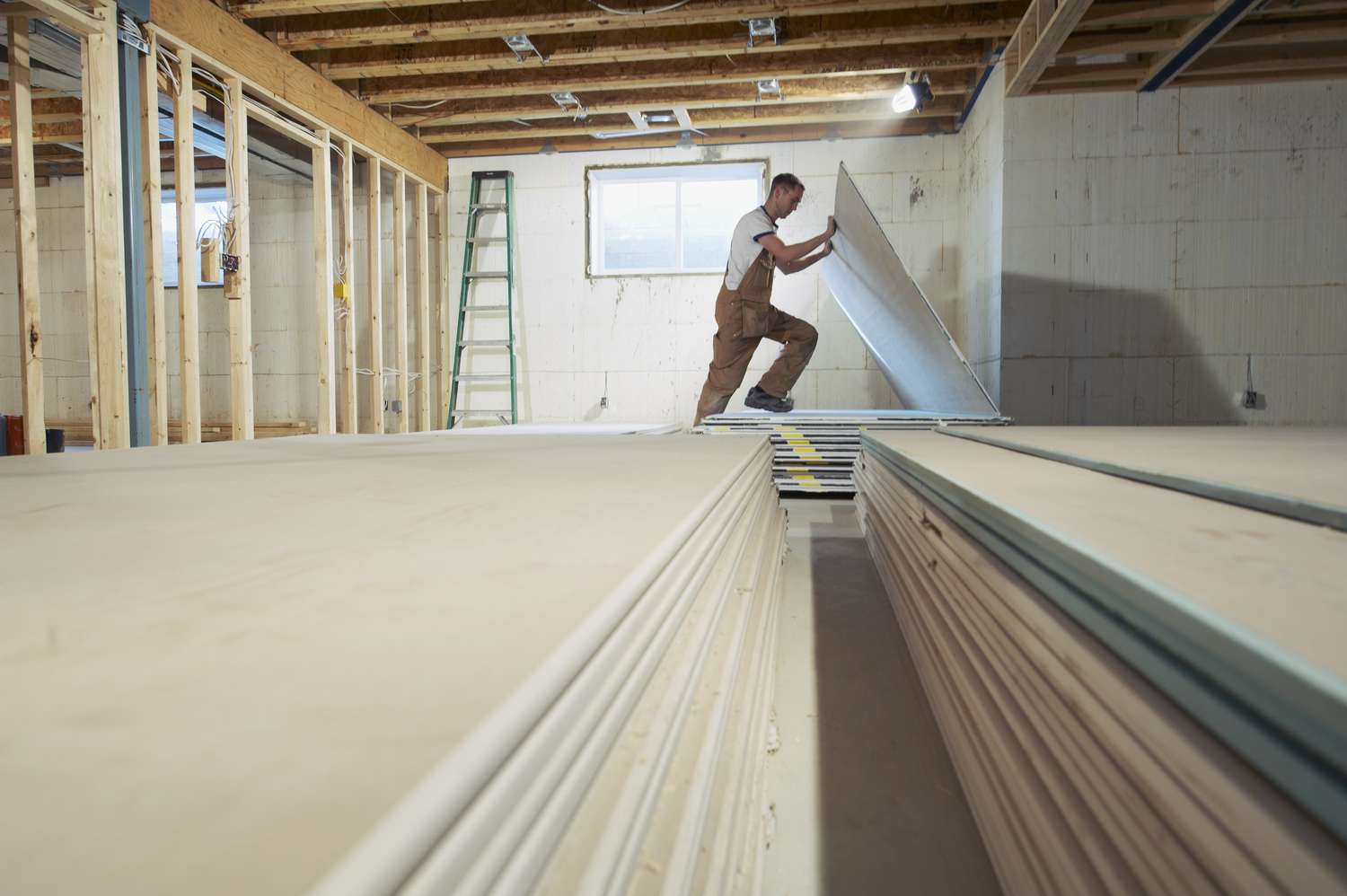
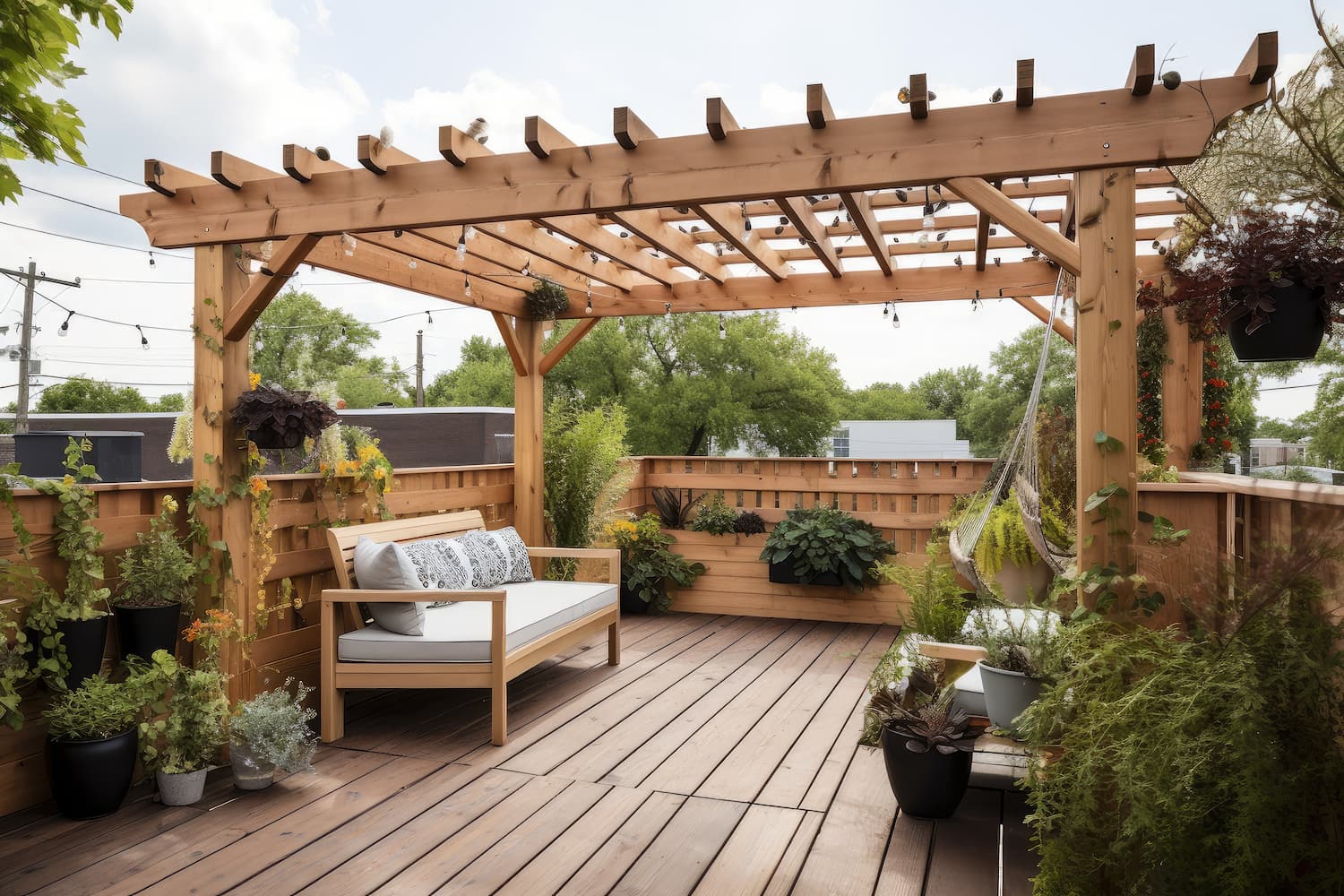

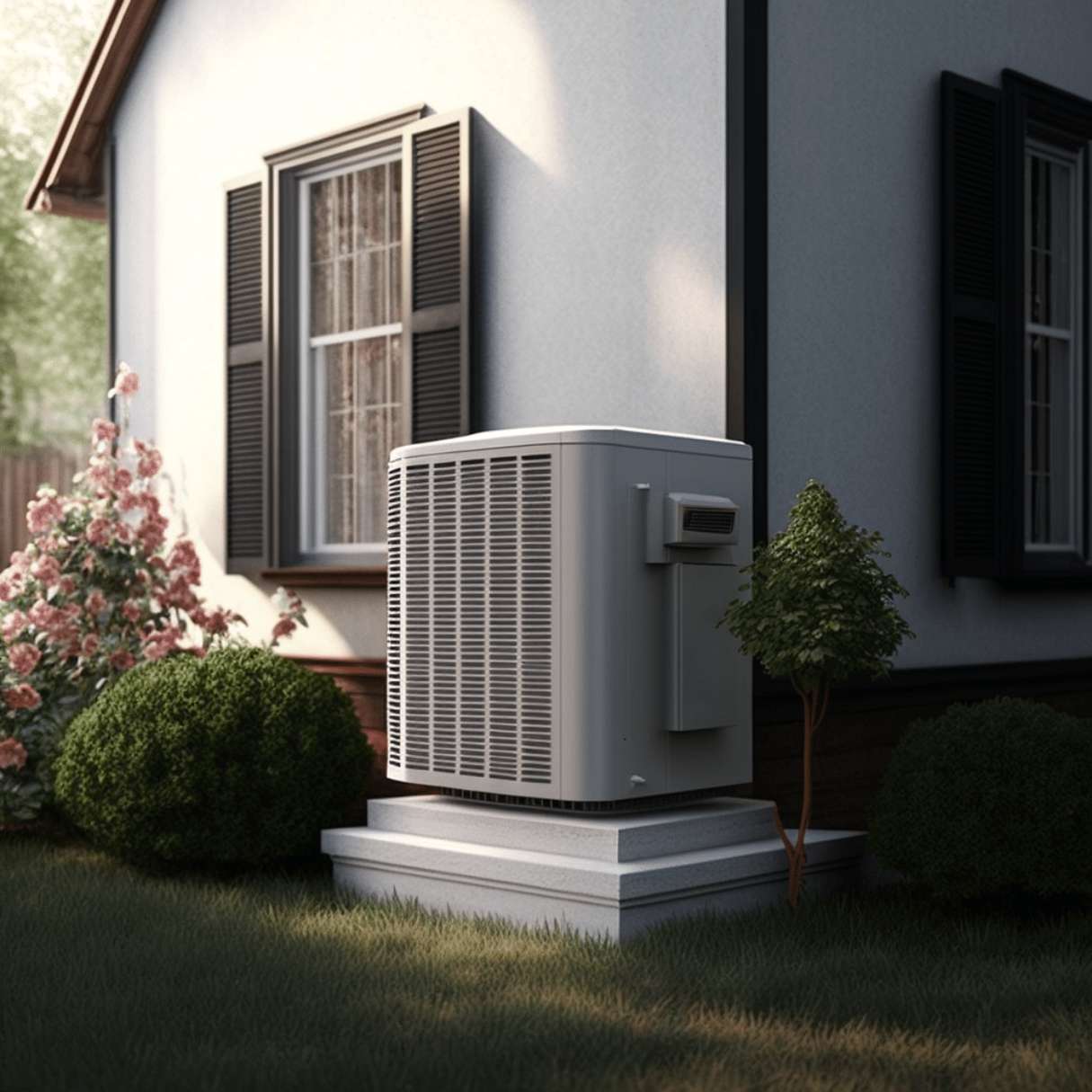
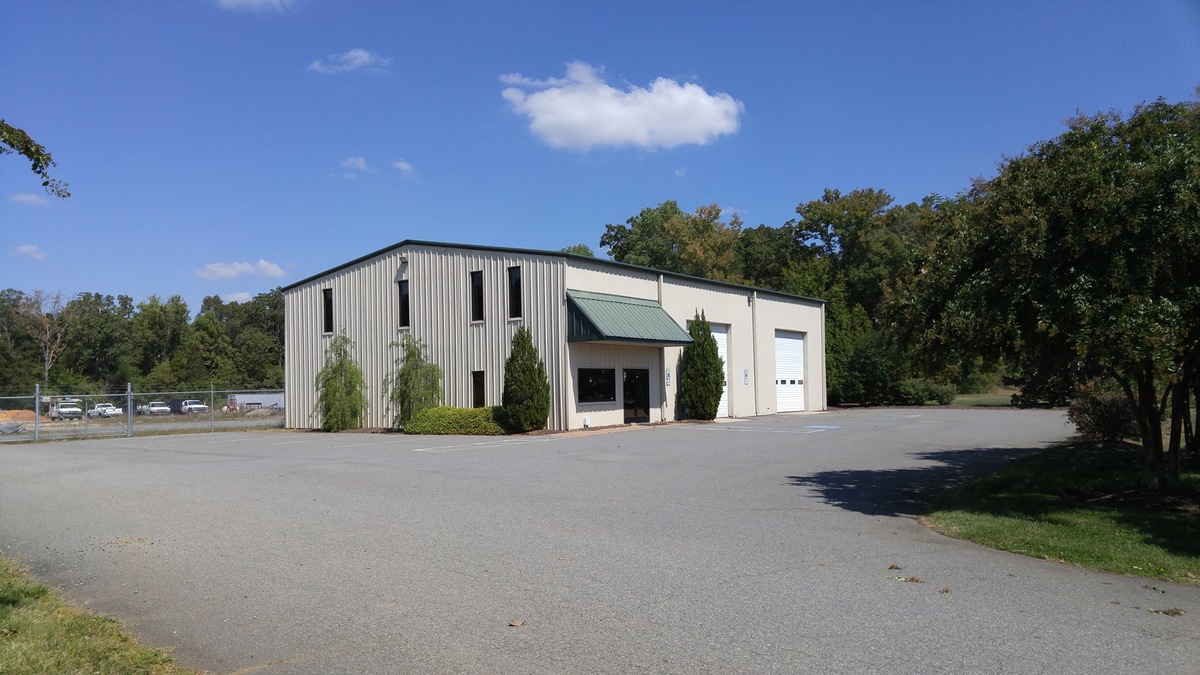
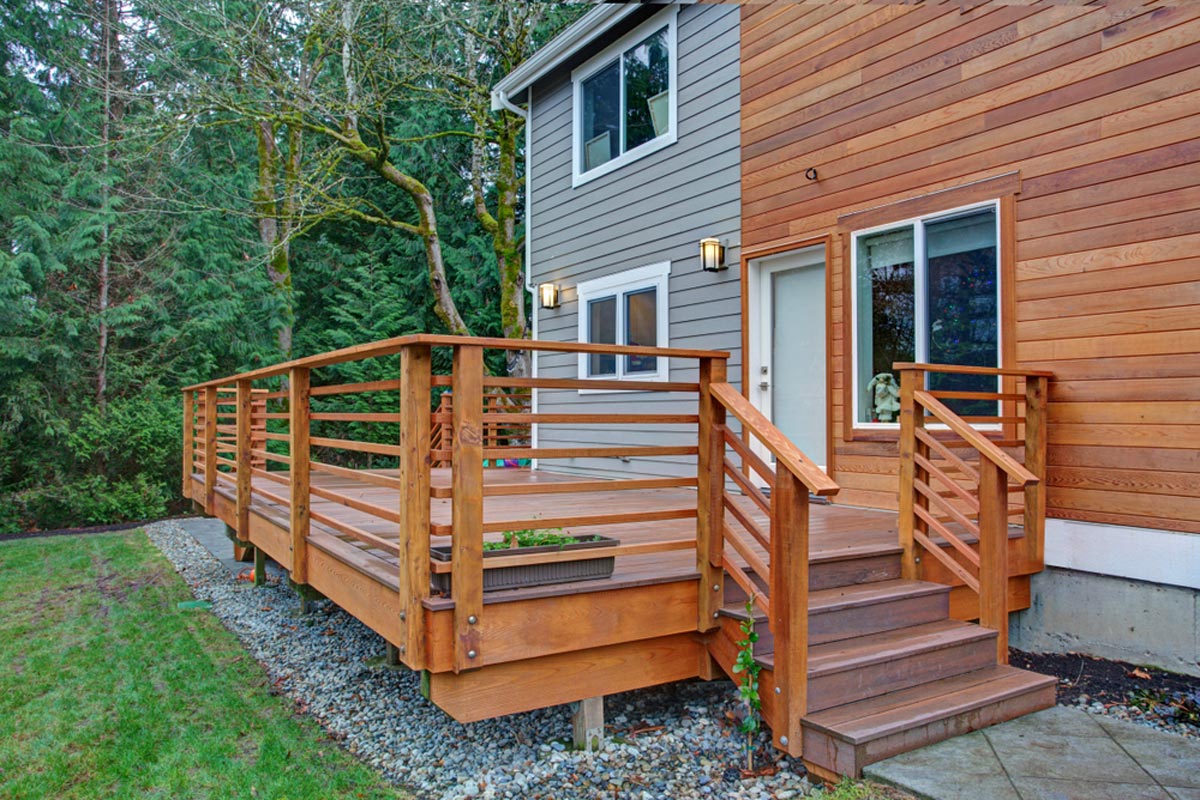

0 thoughts on “How Much Does It Cost To Build A Porch On A House”